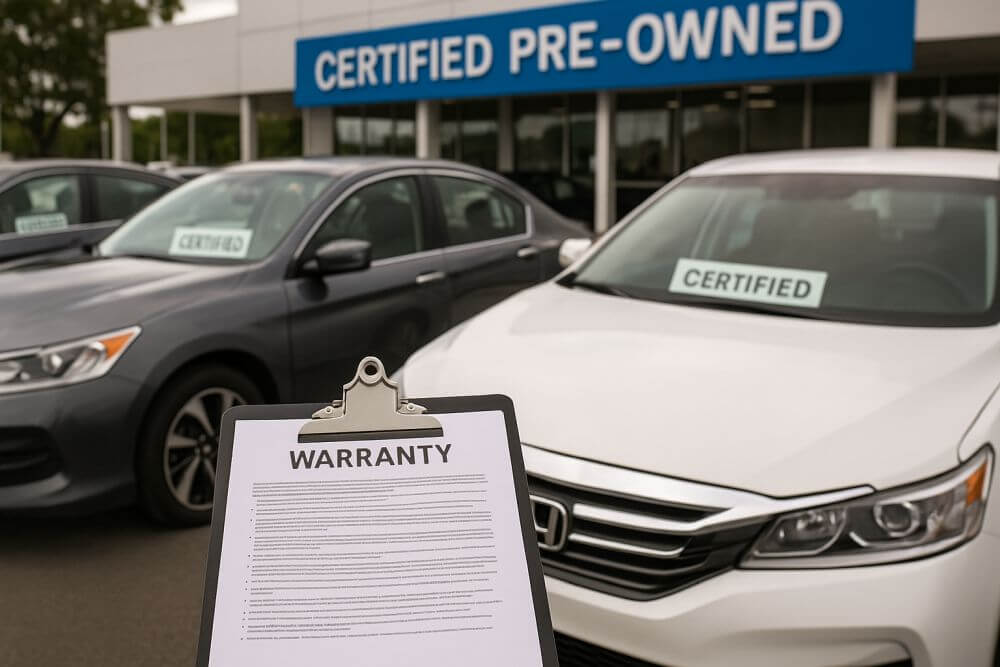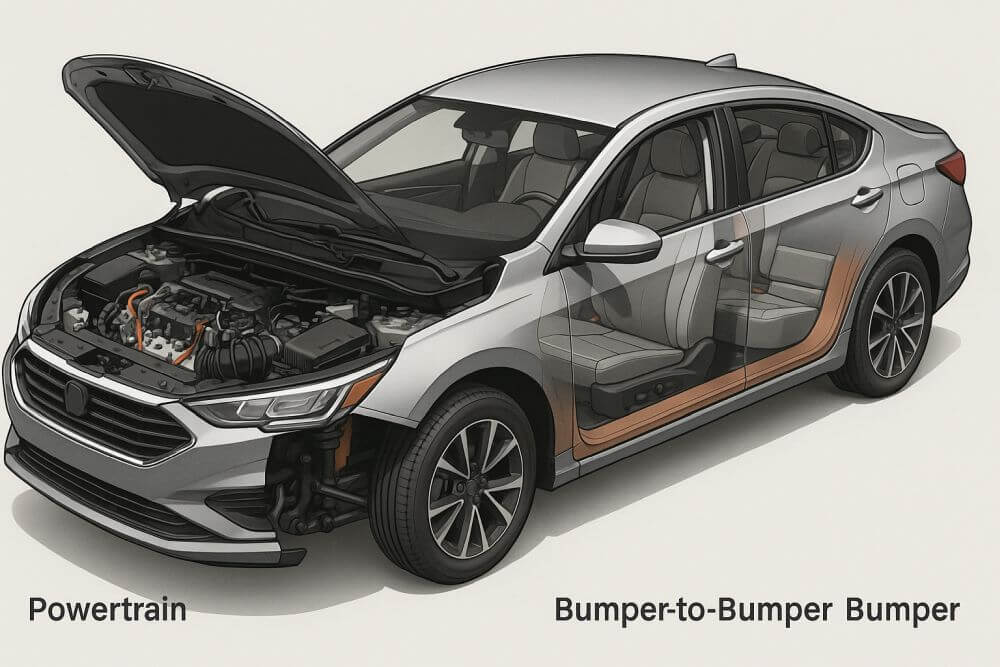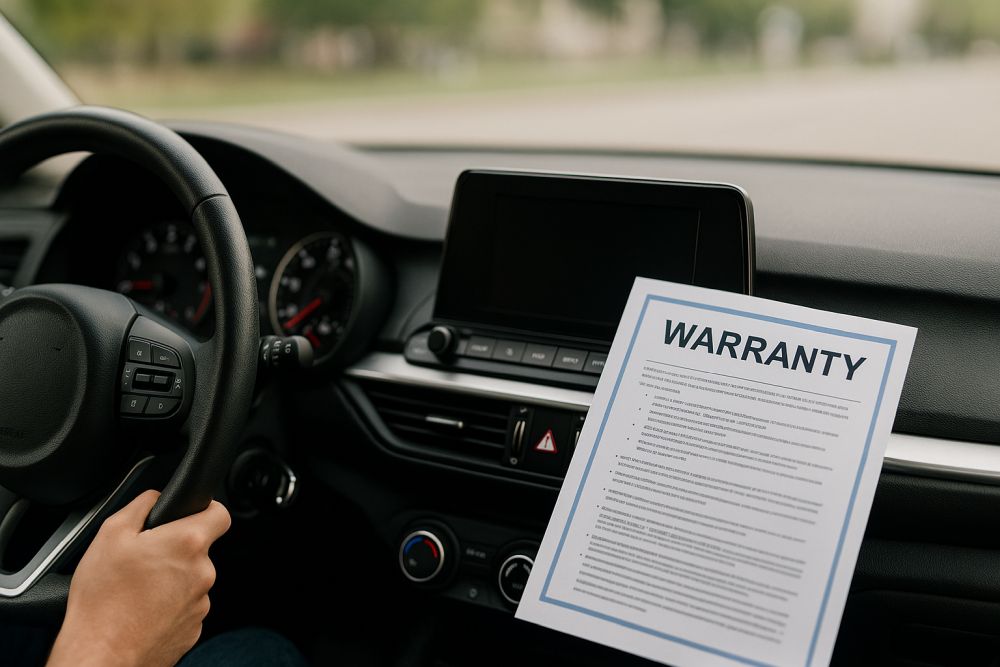When buying a used car in California, understanding your rights as a consumer is crucial. The Car Buyer’s Bill of Rights aims to protect consumers and provide transparency in the used car purchasing process. This legislation ensures that buyers are informed about the vehicle’s history, financing terms, and any add-ons being sold with the car. With a strong grasp of your car buyers rights in California, you can make informed decisions and avoid potential pitfalls when purchasing a used vehicle. Moreover, utilizing resources like a search vehicle by vin can provide additional information about the car’s past, enhancing your buying confidence.
Understanding the Car Buyer’s Bill of Rights in California
The Car Buyer’s Bill of Rights was enacted to address common issues faced by consumers in the used car market. This legislation requires dealers to provide specific disclosures and give buyers the opportunity to purchase additional protections. Key aspects include clear disclosure of the vehicle’s history, itemized costs, and the option to purchase a two-day cooling-off period.
Key Provisions of the Car Buyer’s Bill of Rights
- Itemized Price for Add-ons: Dealers must provide an itemized price list for any add-ons. This transparency helps you understand what you’re paying for and ensures no hidden costs.
- Two-Day Cooling-Off Period: For cars priced under $40,000, buyers have the right to a two-day cancellation option agreement, which allows them to return the vehicle within two days, providing a vital safety net.
- Financing Disclosure: Dealers must disclose the total cost of financing, including interest rates and monthly payments, ensuring you have a clear picture of your financial commitment.
The Role of VIN Decoding in Used Car Buying
Decoding a Vehicle Identification Number (VIN) is an essential step in the used car purchasing process. A VIN serves as a unique identifier, revealing crucial information about a vehicle, such as its make, model, year, and country of manufacture. By using a VIN decoder, you can access detailed insights into the car’s history, including accident reports, title status, and previous ownership. This transparency is vital for making informed decisions and ensuring that the vehicle you’re considering aligns with its advertised history.
To maximize your understanding of a vehicle’s background, consider utilizing resources like a free VIN decoder from VinCheckPro. This tool allows you to verify the accuracy of the information provided by the dealer and uncover any discrepancies or red flags that could impact your purchase decision.
How to Protect Yourself When Buying a Used Car in California
Beyond understanding your rights, there are several proactive steps you can take to protect yourself when buying a used car in California:
- Research the Seller: Whether buying from a dealer or a private party, investigate their reputation. Look for reviews, ratings, and any complaints filed with the Better Business Bureau.
- Get a Vehicle History Report: Utilize services like a california vehicle license plate lookup to obtain comprehensive vehicle history reports. These reports provide insights into past accidents, title issues, and odometer readings.
- Inspect the Car Thoroughly: Conduct a thorough inspection or hire a professional mechanic to assess the vehicle’s condition before finalizing the purchase.
- Understand Financing Terms: If you’re financing the vehicle, ensure you understand the terms, interest rates, and total costs involved.
Frequently Asked Questions (FAQ)
What is the purpose of the Car Buyer’s Bill of Rights in California?
The Car Buyer’s Bill of Rights aims to protect consumers by ensuring transparency in the used car buying process. It requires dealers to disclose key information about the vehicle and financing terms, and offers buyers a two-day cooling-off period for added protection.
How can a VIN decoder help me when buying a used car?
A VIN decoder provides detailed information about a vehicle’s history and specifications. By decoding the VIN, you can verify the accuracy of the dealer’s claims and uncover potential issues such as past accidents or title discrepancies.
What should I do if I find discrepancies in the vehicle history report?
If you discover discrepancies in the vehicle history report, address them with the seller immediately. It may indicate issues like undisclosed accidents or title problems, which can affect the vehicle’s value and your decision to purchase.
How does the two-day cooling-off period work?
The two-day cooling-off period allows you to return the car within two days of purchase if it’s priced under $40,000. This option provides a safety net, enabling you to reconsider the purchase without financial penalty.
Can I negotiate the purchase price of a used car in California?
Yes, you can negotiate the purchase price of a used car. Research the market value of similar vehicles to ensure you’re getting a fair deal and use your findings as leverage during negotiations.


